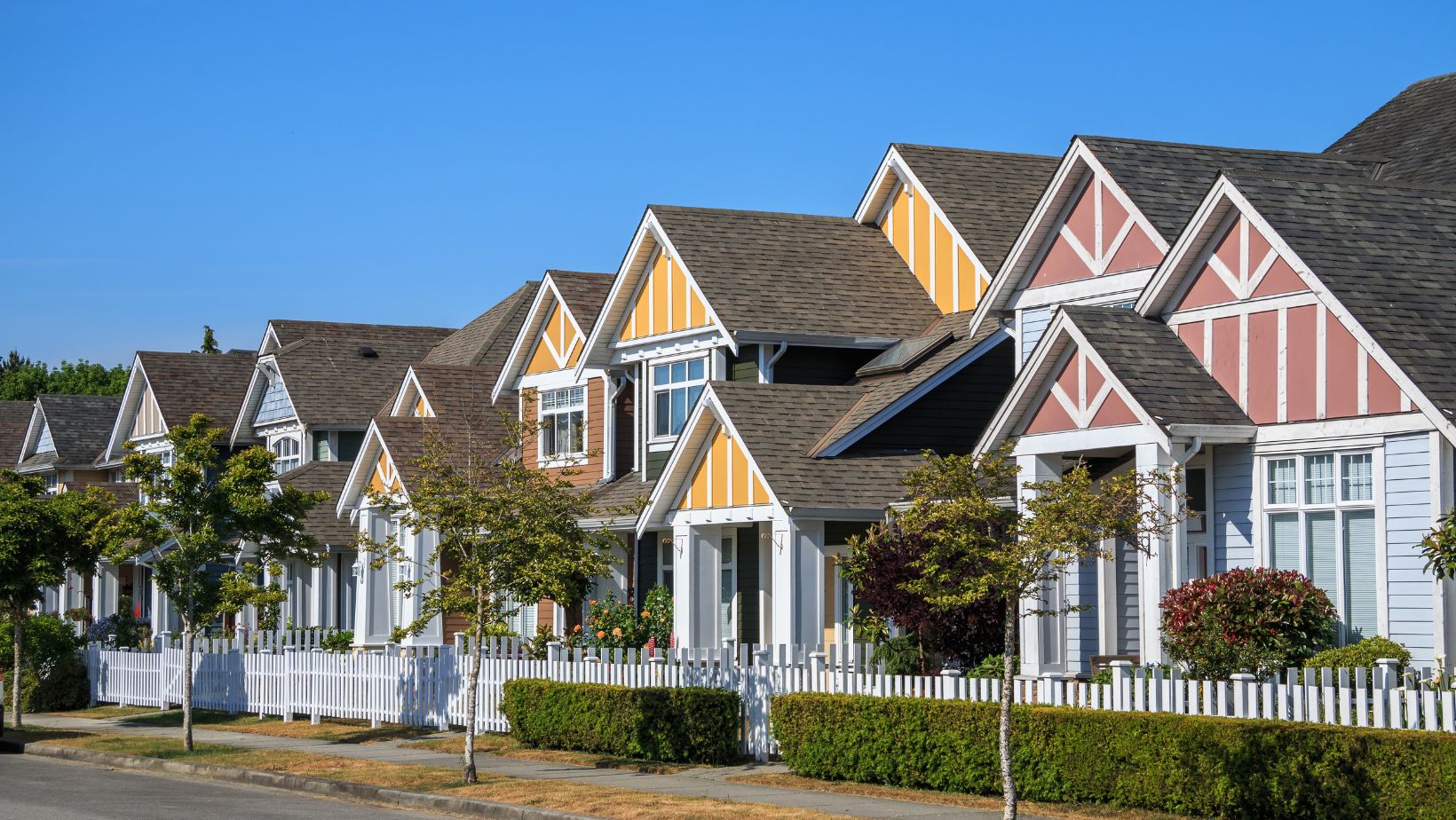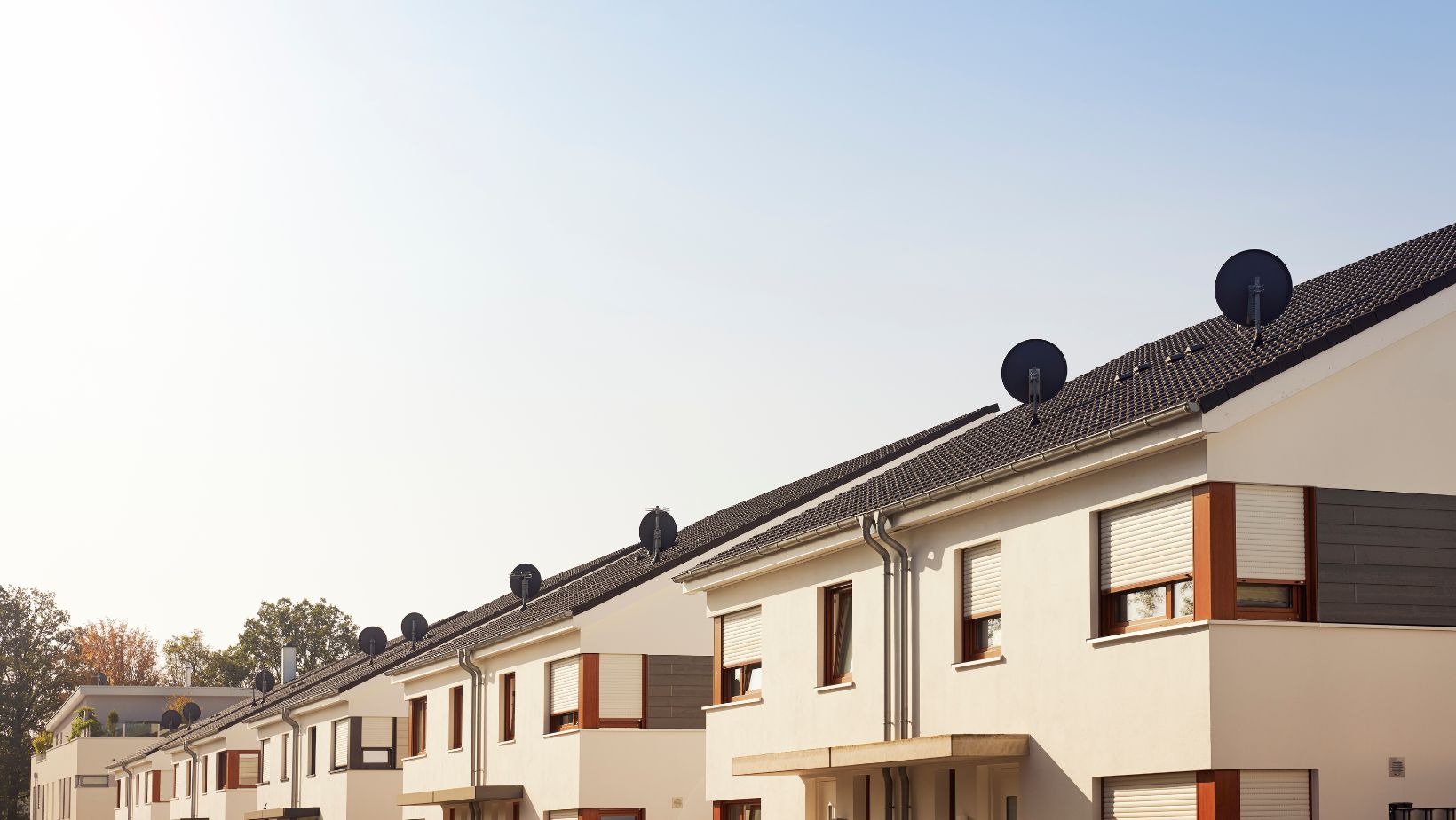
African American Lost Generational Housing Wealth Sandy Darity
African American lost generational housing wealth has been a topic of concern and study for years. Researchers like Sandy Darity have delved into the historical factors that have contributed to this disparity. In understanding the roots of this issue, it becomes evident that African Americans have faced systemic barriers that hindered their ability to build and pass on wealth through homeownership.
One crucial aspect to examine is the legacy of discriminatory policies such as redlining, which denied African Americans access to loans and affordable housing in certain neighborhoods. These practices not only limited their options but also devalued properties in predominantly black communities, perpetuating a cycle of disinvestment. As a result, many African American families were unable to accumulate wealth through home equity, leading to a significant loss in intergenerational assets.
The repercussions of this lost generational housing wealth are far-reaching. It has affected opportunities for education, entrepreneurship, and overall economic mobility within the African American community. The consequences can be seen today in persistent disparities when it comes to homeownership rates and financial stability between different racial groups.
Understanding these historical injustices is essential for addressing the inequities present today. Efforts need to be made at both systemic and individual levels to rectify past wrongs and create pathways towards building generational wealth for all communities, regardless of race or ethnicity. By acknowledging the impact of lost generational housing wealth on African Americans, we can work towards creating a more just society where everyone has equal opportunities to thrive economically.

The Impact of African American Generational Housing Wealth Loss
When it comes to understanding the impact of generational housing wealth loss on African Americans, it’s crucial to delve into the historical context. For centuries, systemic racism and discriminatory policies have hindered their ability to build and preserve wealth through homeownership. This has had far-reaching consequences that continue to reverberate today.
One major factor contributing to this wealth gap is redlining, a practice that systematically denied African Americans access to mortgage loans and quality housing in certain neighborhoods. As a result, many were confined to under-resourced areas with limited opportunities for upward mobility. The long-lasting effects of redlining can still be seen in disparities in property values, educational resources, and overall community development.
Another significant aspect is the loss of intergenerational wealth transfer due to discriminatory practices such as exclusion from government programs like the GI Bill after World War II. These programs provided opportunities for white families to accumulate wealth through education, homeownership, and business investments while excluding African Americans from reaping similar benefits. Consequently, this has perpetuated a cycle of limited financial resources being passed down within African American families.
The impact of generational housing wealth loss extends beyond economic factors. It also affects social mobility and educational opportunities for future generations. Without the ability to accumulate equity through homeownership or access affordable housing options in desirable neighborhoods, African American families often face higher rental costs or reside in substandard housing conditions.
Moreover, studies have shown that homeownership plays a crucial role in building stability and creating pathways for economic advancement. With limited access to affordable mortgages or fair loan terms due to discriminatory lending practices such as predatory lending targeting minority communities, African Americans are denied these avenues for upward mobility.
In conclusion, the generational housing wealth loss experienced by African Americans has had profound implications on their socio-economic status throughout history. Systemic racism embedded within policies and practices continues to perpetuate inequality within housing markets today. Addressing these issues requires not only recognizing the historical roots of this disparity but also implementing comprehensive policies that promote fair lending practices, affordable housing options, and economic opportunities for all. By doing so, we can work towards bridging the wealth gap and ensuring a more equitable future for African American communities.
